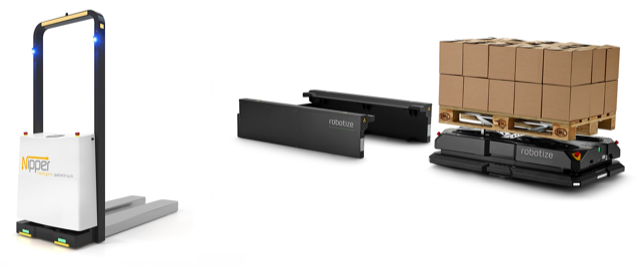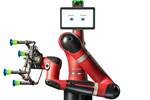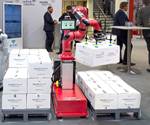Hahn Group Acquires Dahl Automation
The move augments Hahn’s more traditional robotics offerings with the budding technologies of cobots, AMRs (Autonomous Mobile Robot) and AGVs (Automated Guided Vehicle).
HAHN Group GmbH (Frankfurt, Germany) has acquired DAHL Automation (Meinerzhagen, Germany) an integrator and contract partner for robotic brands like Universal Robots and Kuka, as well as suppliers of AMRs (Autonomous Mobile Robot) and AGVs (Automated Guided Vehicle) like MiR, Nipper and Robotize. DAHL has 30 employees in Meinerzhagen with experience in designing automation systems utilizing cobots, grippers, image processing systems and more.
Detlev Dahl, founder and managing director of DAHL Automation, will continue to lead the company. In a release, Dahl said the move will help it expands its range of services along with the sister companies in the HAHN Group, as well as opening up new industries and markets. HAHN’s portfolio companies include GeKu, Invotec, REI Automation, rethink robotics, waldorf Technik, WEMO and more. The company employs approximately 1400 staff at 27 locations. In the U.S., the company is represented by HAHN Plastics Automation Inc., headquartered in Connecticut.

Dahl, which works with suppliers of AMRs (Autonomous Mobile Robot) and AGVs (Automated Guided Vehicle) like MiR, Nipper and Robotize, expand Hahn’s offerings in that emerging space.
Related Content
-
Boston Dynamics Stretches Into Autonomous Warehouse Robotics
The robotics company’s second commercial product is designed to take on physically challenging warehouse tasks.
-
BMW Group Vehicle to Adopt 3D Printed Center Console
A vehicle coming to market in 2027 will include a center console carrier manufactured through polymer robot-based large-format additive manufacturing (LFAM).
-
ICIS Launches: Ask ICIS Generative AI Commodities Assistant
Said to be the first of its kind, this AI assistant will enhance access to ICIS’ intelligence and insights for the energy and chemical markets.




